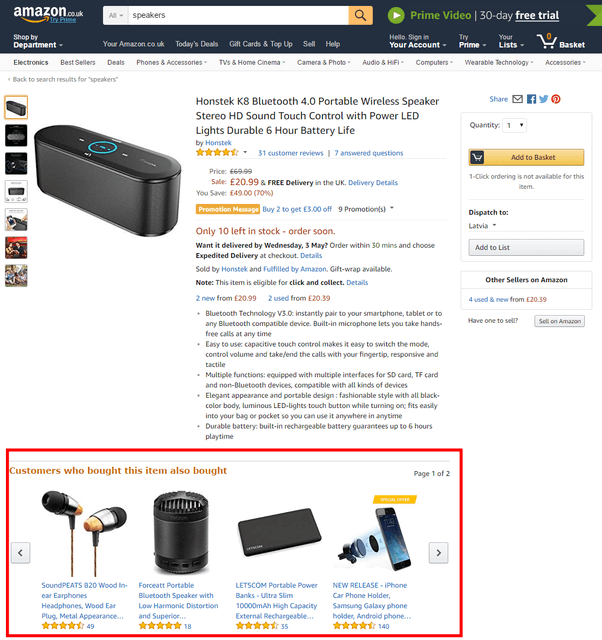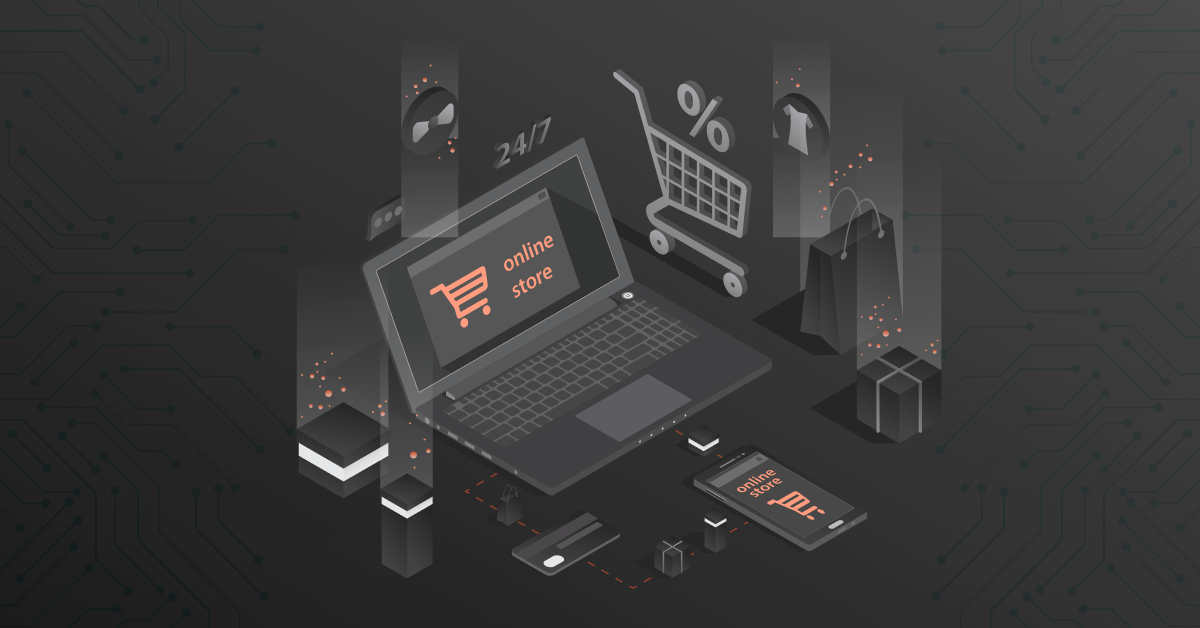Let’s get back to the basics. Customers buy products when they like them. Shoppers walk into brick and mortar stores to try products and see how they function before arriving at the buying decision. However, the same does not apply with Online Stores.
Customers (have to) believe the data provided on the online store. They rely on the product descriptions, images, videos, etc. which are displayed. Is it possible to make customers trust our product and brand with just the information given in the eStore? A big yes! And that’s the beauty of eCommerce.
Relevant and appropriate product data is all the online shoppers want in order to make a purchase.
Maintaining product data is the heart and soul of any eCommerce enterprises, and it is essential to drive sales.
Around 33% of online businesses have already invested in PIM technology. However, most companies still use excel sheets, basic ERP systems, or their eCommerce site itself to store data. One, this is a time consuming process. Two, these don’t extensively help to store product data in the way you desire. Three, online stores sell in multiple channels, and each channel has different kinds of data to be fed in.
 To make things progress seamlessly, any (or all) eCommerce enterprises definitely need a PIM solution to govern and manage product data to help get your product information to marketplaces faster.
To make things progress seamlessly, any (or all) eCommerce enterprises definitely need a PIM solution to govern and manage product data to help get your product information to marketplaces faster.
Contents
PIM Provide Seamless Shopping Experience
PIM Systems makes it easy to update product data, enhances the customer experience, and it does much more. Let’s explore what makes PIM a must-have to improve your eCommerce store.
Enhance Customer Experience
Yep, enhance customer experience, and exceed customers expectations.
You open an online store, and everywhere you look there are words, words, and more words. There are so many online stores clogged with information (irrelevant and inaccurate) to the products. A question online store owners have to ask themselves is: would we want to buy products from such a store?
If no, then designing your online store in such a way is also a big NO.
It is the responsibility of online stores to present accurate data, and product descriptions with appealing pictures to enhance the customer shopping experience. Your site should make the customer want to come back to you. The same can be achieved with PIM as all the required info which needs to be loaded is created and categorized neatly in a PIM system, and all one needs to do is upload.
Cross-sell and Upsell with PIM
A study says, 44% of online stores who deployed PIM benefited from cross-selling and upselling.
Upselling is the practice of encouraging customers to purchase a comparable higher-end product than the one in question, while cross-selling invites customers to buy related or complementary items. Though often used interchangeably, both offer distinct benefits and can be effective in tandem.
 Upselling and cross-selling are mutually beneficial when done correctly, providing maximum value to customers, and increasing revenue without the recurring cost of many marketing channels.
Upselling and cross-selling are mutually beneficial when done correctly, providing maximum value to customers, and increasing revenue without the recurring cost of many marketing channels.
 Faster Time to Market
Faster Time to Market
Always stay ahead of the race by sending products quickly to the market with the help of a PIM system.
Getting all the data required for products is time consuming if all the info is not aligned. Optimizing the received data in the form of deliverable is another challenging task. Once this is done, sending the data across multiple channels again eats up time. Eventually, as this does not make your product reach the market quicker, it thereby makes customers eyes fall on other competitors’ products
With a robust solution like PIM, online stores can cut the time it takes for products to reach the market. Swift sourcing of files, faster onboarding, making changes whenever required, and much more constituted together ensure your product reaches the market way before others.
Reduce Product Returns
Never take the customer for granted. Never.
At least 30% of the products ordered online are sent back to their respective warehouses by the shoppers, whereas the return rate is just near 9% for brick and mortar stores.
Products are usually returned when they don’t match buyer expectations. When a buyer decides to return the product, they don’t just send back the product alone, but also an amount of trust they had for the online store.
PIM helps you to give exact product information to shoppers without having to hoodwink the customers. Offering accurate information fulfills the urge of customers to know the correct details of a product before purchase, and guess what – doing so builds brand loyalty and can lessen your product return rates to as low as 23%.
Go Global
Which online store does not wish to sell their products in all places?
PIM derives your dream and delivers a solution – it allows your products to be available across the globe (or wherever you wish). Advanced PIM solutions like DCKAP PIM offer multi-language options which is comprised of 100+ languages so shoppers across the world can understand the products in a language they are familiar with.
 Creating a multi-language online store is a sure way to expand your business and enter into new regions, without even having to spend much. Online stores which are localized significantly increase website traffic, and it also establishes strong relationships with the customers.
Creating a multi-language online store is a sure way to expand your business and enter into new regions, without even having to spend much. Online stores which are localized significantly increase website traffic, and it also establishes strong relationships with the customers.
Improve Sales and Your Online Store with PIM
With accurate product data, eCommerce enterprises can market to the right audience, create custom personalized experiences for online, build customer loyalty, allow customers to make informed decisions, send products quicker to market, reduce product returns, and do much more to improve your eCommerce Store.
The options are limitless, but the solution is one – PIM. Want to check out what DCKAP PIM offers? Get in touch with us today to find out more about how DCKAP PIM will uplift your eCommerce Store.




